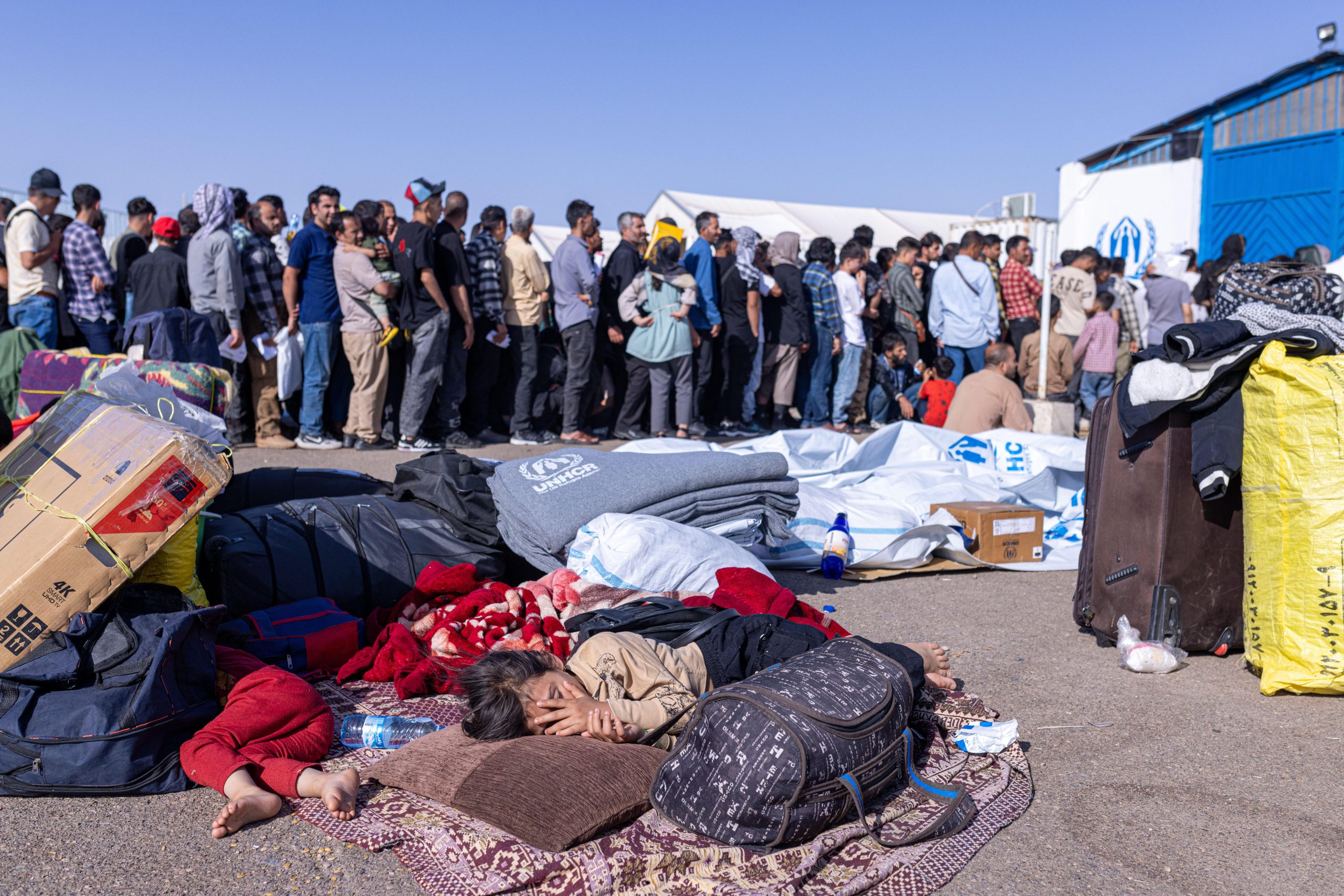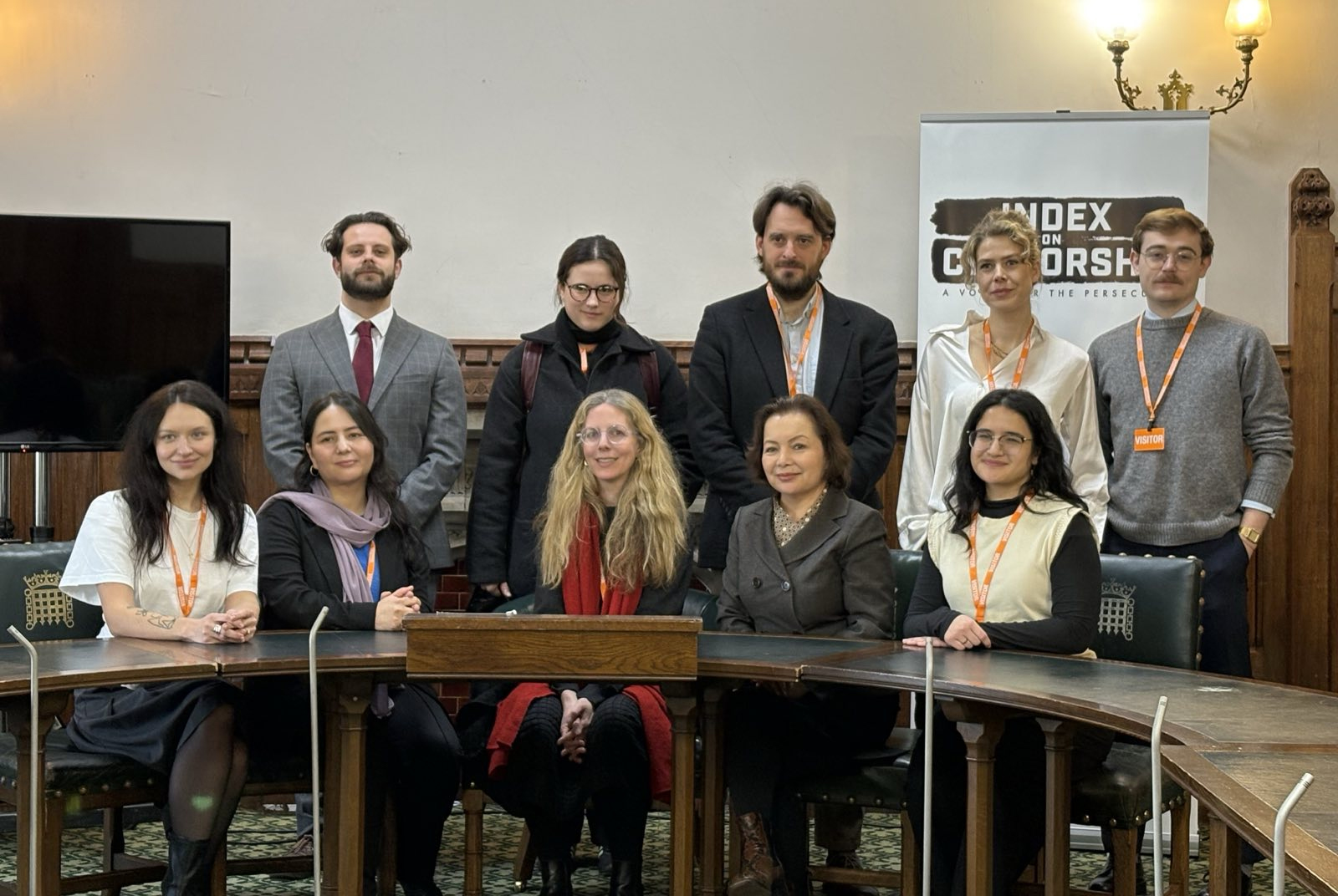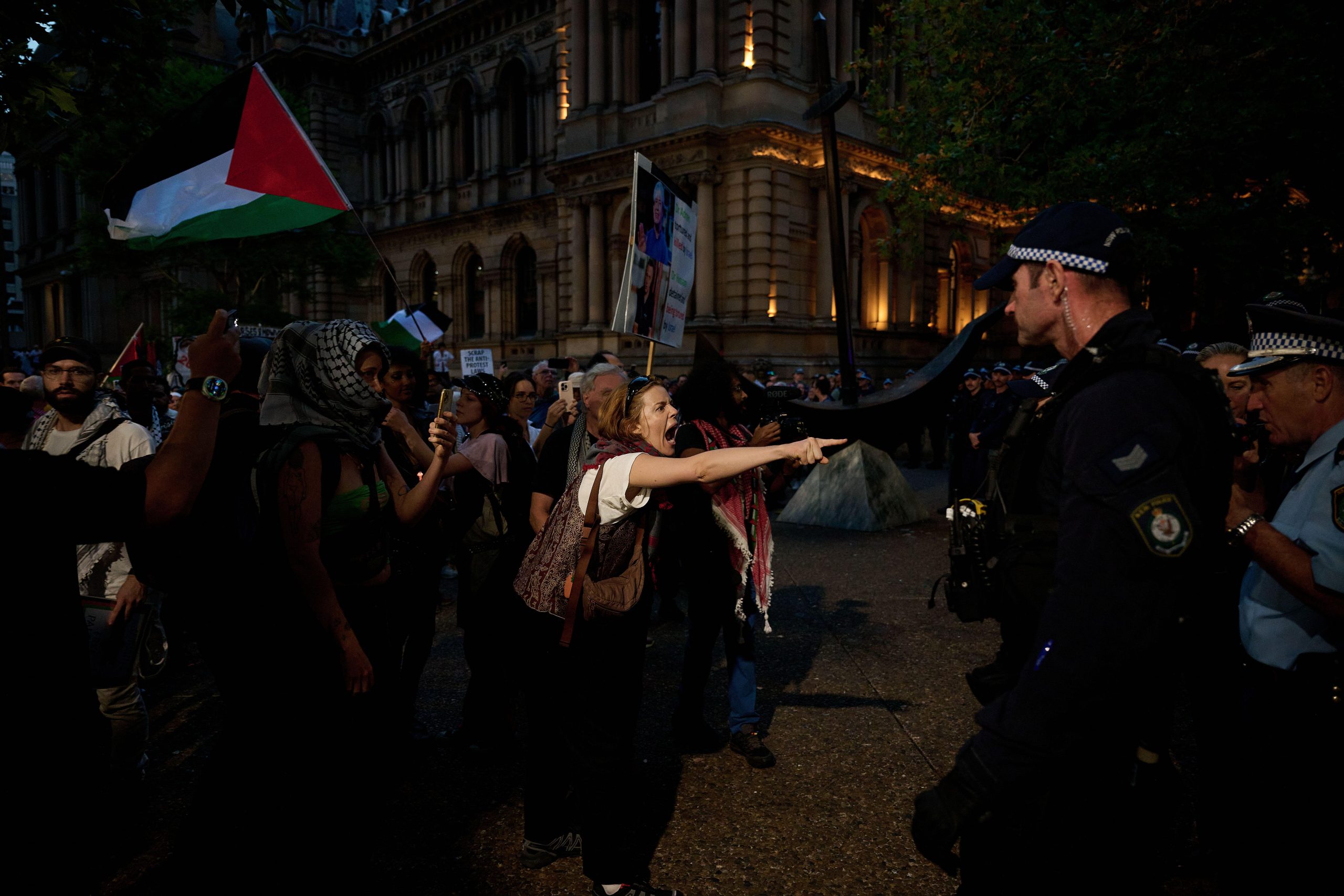The Telegraph has named it “the most expensive email in history” and that’s the story that dominated the UK this week – news of a leaked dataset on Afghans who helped the British government, the super injunction that kept the story in the dark and the hundreds of millions spent on getting some of the named out of Afghanistan. But while the focus was on those leaving the country, a separate story has been developing throughout. Iran has deported over one million Afghans back into the country this year. It’s a similar case in Pakistan, though the exact numbers here are hard to ascertain. More still are being threatened with deportation, such as Zahra Shams, an Afghan journalist, who was arrested with her family this week by Pakistani police, as reported by the Afghanistan Journalists Support Organization (AJSO). It’s important to state just how dangerous it would be for her if she were forced back.
“Afghanistan is like a cage for women, and we’re coming back to that cage,” said a 17-year-old girl in an interview with the New York Times, who returned last week. Few can argue with the word “cage”. From bans on women visiting parks and no secondary school for girls to a law against women’s voices being heard out loud in public, life for Afghan women today is terrible. Rukshana Media reported this week on Taliban forces administering electric shocks to women over breaches of a hijab mandate, which in some instances have been so strong they’ve knocked women unconscious.
At Index, where we have a history of working with political prisoners, we’ve been calling it a domestic prison. Afghanistan – with a population of 41 million – is arguably the world’s biggest jailer. What girls and women are going through is nothing short of appalling.
We are still hearing a bit about life on the ground in Afghanistan, thanks to organisations like Rukshana and AJSO and the occasional focus in international media. But it’s far from enough. That’s why Index is prioritising working with Afghan women right now. Over the coming year we’ll publish their letters and creative writing. We’ll centre their voices – the very thing the Taliban is trying to take away. If you feel as passionately as I do here, we’d gladly receive donations. Every time we get £250 we are able to publish another article, paying women who might otherwise be financially struggling and keeping morale up in a country where 68% of women have rated their mental health as “bad” or “very bad”. It’s our humble contribution to counter the silencing of Afghan women and to keep Afghanistan in the spotlight outside of breaking news on data leaks.
Click here to donate.






